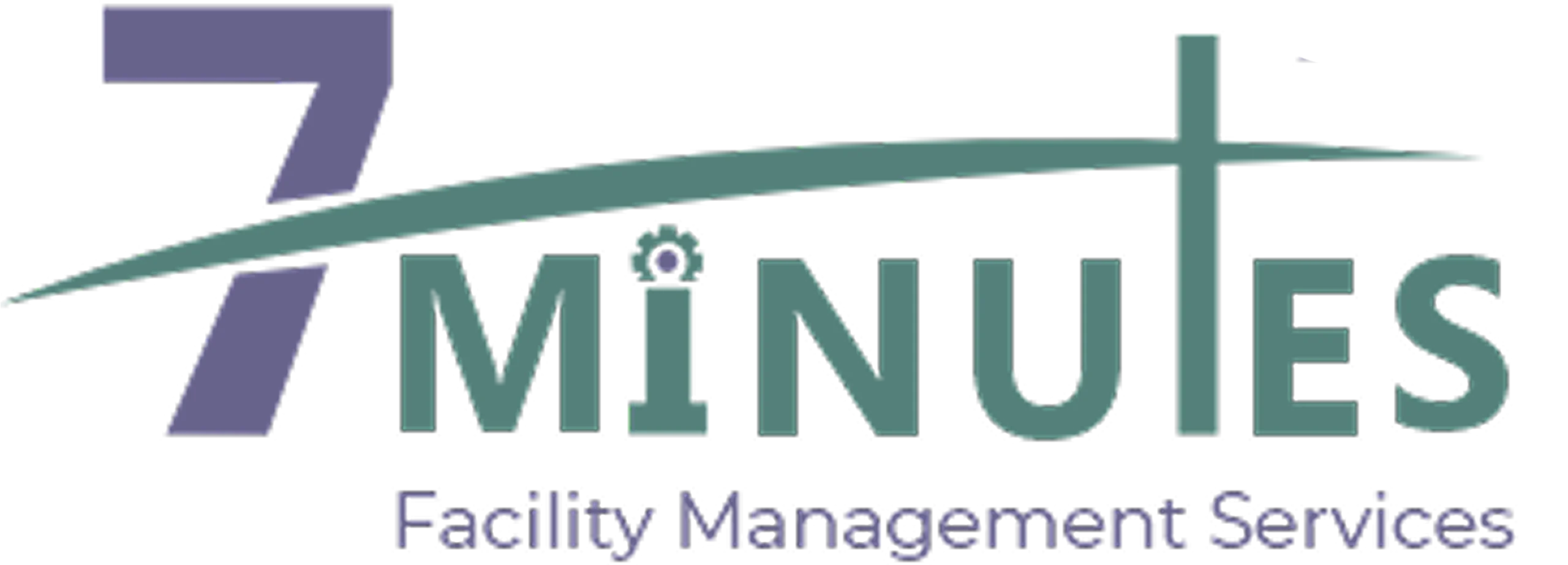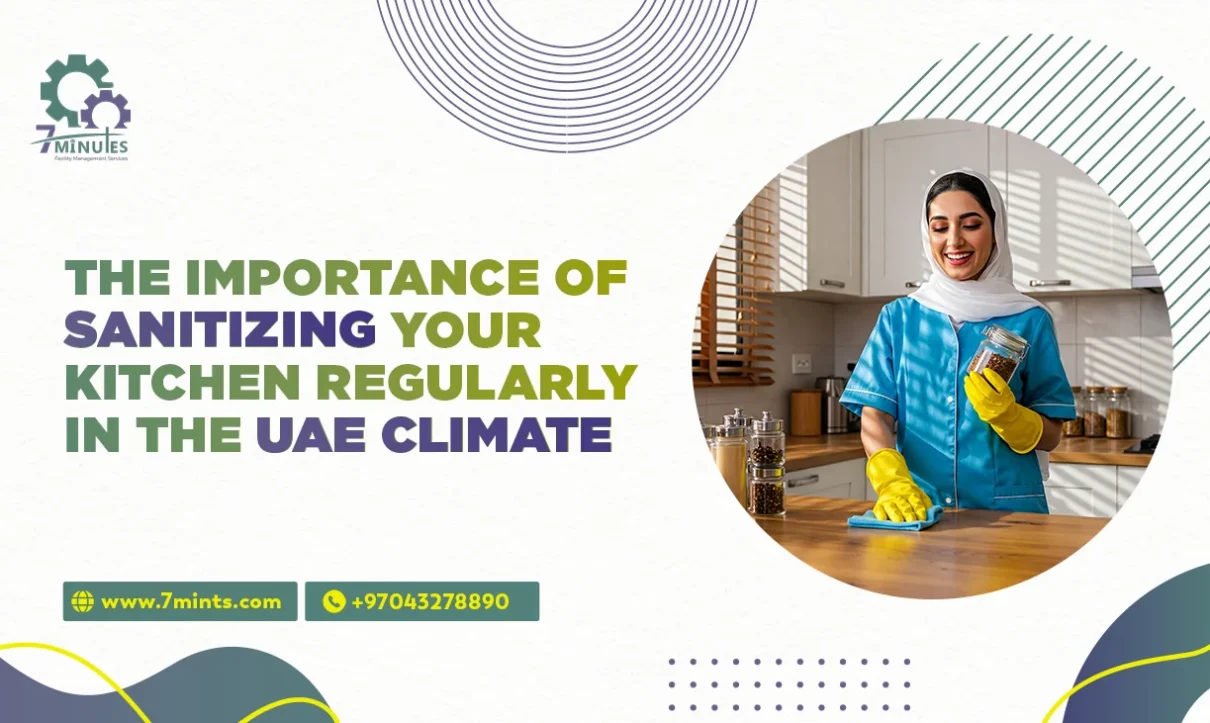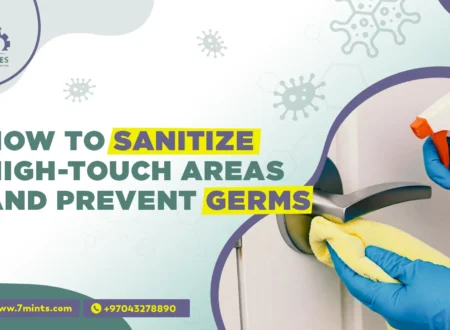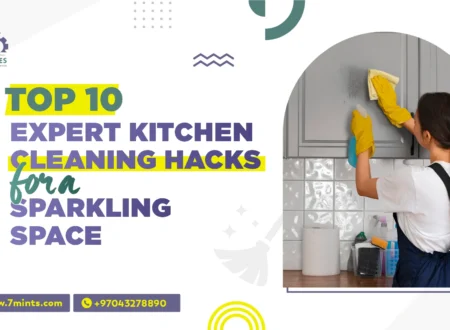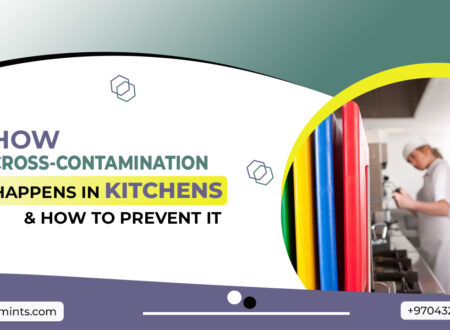Importance of Sanitizing Kitchens are essential in the UAE, as they serve as the breeding ground for bacteria, with extreme heat during summer and humidity inviting roaches during rainy days. The diverse culinary practices involve raw meat, raw fish, raw spices, and dairy products. With the high temperature, the general practice gives an opportunity for bacteria to grow in the kitchen. Unchecked growth of microorganisms from the filth in the kitchen ends up causing food poisoning in a very short time. The UAE is, after all, a melting pot of cultures, all with very peculiar culinary traditions that involve handling raw meat, raw fish, raw spices, and raw dairy food, whereby any such labor calls for high standards of hygiene to avoid cross-contamination.
Benefits of Regular Kitchen Disinfecting
Health and Safety
The sanitization of kitchens on a regular basis drastically reduces the presence of harmful bacteria, viruses, and fungi on working surfaces, utensils, and equipment. Thus, this helps reduce foodborne illness significantly, from mild discomfort in the stomach to dehydration or even admission into the hospital. Proper sanitization also prevents the problem of cross-contamination; that is, when pathogens from raw foods make their way into foods that are cooked or ready for immediate consumption, food poisoning’s major perpetrator.
Regulatory Compliance
For any food business, maintaining high standards of sanitation is the very essence of the UAE Food Safety Laws. This cleaning, sanitizing, and disinfection will maintain the establishment’s capability to pass inspection and maintain accreditation, such as HACCP-Proposal demanded by both customers and regulatory bodies. Compliance will keep you out of trouble and offer you marketing and promotional advantages.
Operational Efficiency
A clean kitchen functions well. Especially in this case, the greasy and dirty equipment works best and longest without repair or replacement. Less contamination and, consequently, spoilage mean less food wastage. In such an environment, morale thrives, productivity flourishes, and a positive workplace culture develops, ultimately reflecting in the products they manufacture and the services they provide.
Customer and Family Trust
There is concern and professionalism in cleanliness, be it in the Importance of Sanitizing the kitchen of a restaurant or a home. Cleanliness reassures customers about hygiene in the restaurant. Such assurance evokes the feeling of safety amongst family members enjoying meals in a clean kitchen. This trust is of high value and, to a large extent, transforms into repeat business and healthier families.
The Unique Challenges the UAE Brings to Kitchen Hygiene
The Climate Background
The very high temperature is the major factor hastening the microbial growth. Then again, the humidity speeds up the formation of mold and mildew. The condition or a Importance of Sanitizing a kitchen can be hot and humid, with an atmosphere of food residues and moisture that must be cleaned as quickly as possible to remove bacteria thriving in such conditions. Check out our latest blog post on How to Sanitize High-Touch Areas and Prevent Germs.
Different Food Culture
With much diversity in cultures and ethnicities, the kitchens of the UAE are all equipped to handle the different ingredients and cooking styles. Raw fish and shellfish, red and white meats, dairy, and spices each have a specific set of storage and preparation requirements at each stage to minimize contamination. Quite a lot of the diversity should require the kitchen staff, as well as the home cooks, to remain duly aware of such varying hygiene protocols.
High Volume and Turnover
High volume with a very prompt turnover leads kitchen operations to run around the clock, meeting the demands of both locals and tourists in the UAE. This high speed is also prone to lapses in cleaning, especially during peak hours. Furthermore, staff rotation and language differences hinder uniform training and discussions about hygiene processes.
Best Practices for Kitchen Sanitization in the UAE
Use the Right Products and Techniques
Only food-grade disinfectants are allowed and, of course, non-toxic to contact surfaces. These are color-coded to help limit cross-contamination between areas used for raw and cooked foods. Follow the manufacturer’s instructions on dilution and application to maximize the effectiveness of the sanitizer while limiting harmful residues in the environment.
Train Staff and Family Members
Importance of Sanitizing kitchen includes Hand hygiene, food handling, and proper cleaning protocols training are very important. All persons who participate in food preparation must understand the need for washing their hands regularly, constraints to cross-contamination, and keeping the workplace clean. Periodically refreshing training would shore up these habits and keep hygiene top of mind for all.
Pest Control
Access through these gaps and cracks must be denied with the proper installation of various sealing items such as door sweeps for doors, window seals for windows, and caulking material for wall cracks. Proper waste disposal methods, such as removing food scraps and covering trash bins, reduce these attractants.
Technology and Innovation in Control
The UAE is a front-runner in employing innovative solutions toward kitchen hygiene. Automated dishwashers, steam cleaners, ultraviolet (UV) sanitizers, and many others are technologies that contribute to efficient and effective cleaning with minimal manual intervention. Digital tools and software assist in tracking cleaning schedules and compliance checks while sending alerts to managers for any missed tasks.
Establishing a Culture of Hygiene
This corporate culture establishes a shared responsibility aimed at minimizing potential contamination. All staff members, as well as families, will also carry their share of responsibility for maintaining cleanliness, thus making environments conducive to safer food preparation, incorporated with healthy living. In this way, the culture will preserve compliance with the regulations and concurrently rehabilitate the kitchen and/or business’s image.
Conclusion
The kitchen must be clean to ensure safety. Regular kitchen sanitation is not an option but a must in the UAE’s climatic conditions. Contact us because it combines high temperatures, humidity, diverse food handling practices, and stringent regulations. For health, safety, and success, clean kitchens become imperative.
The challenges of a unique UAE environment can be addressed readily through best practices such as generating cleaning schedules, appropriate sanitizer use, training personnel, and even technology interfacing. It can be made safe and hygienic. Whether cooking at home or operating a business, sanitization ensures that every person involved in enjoying what you cook is safe.

